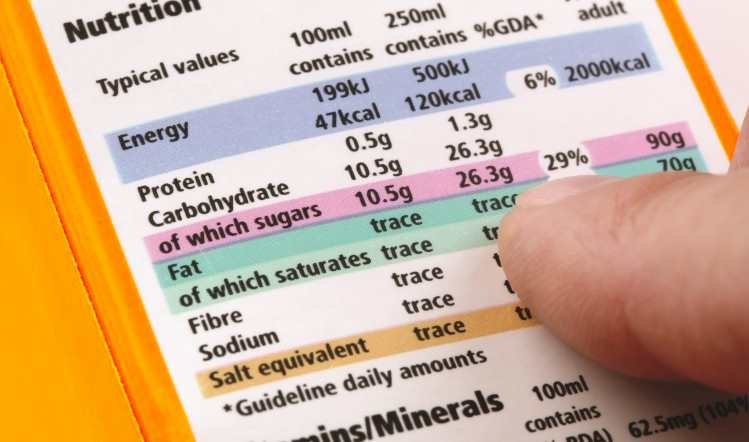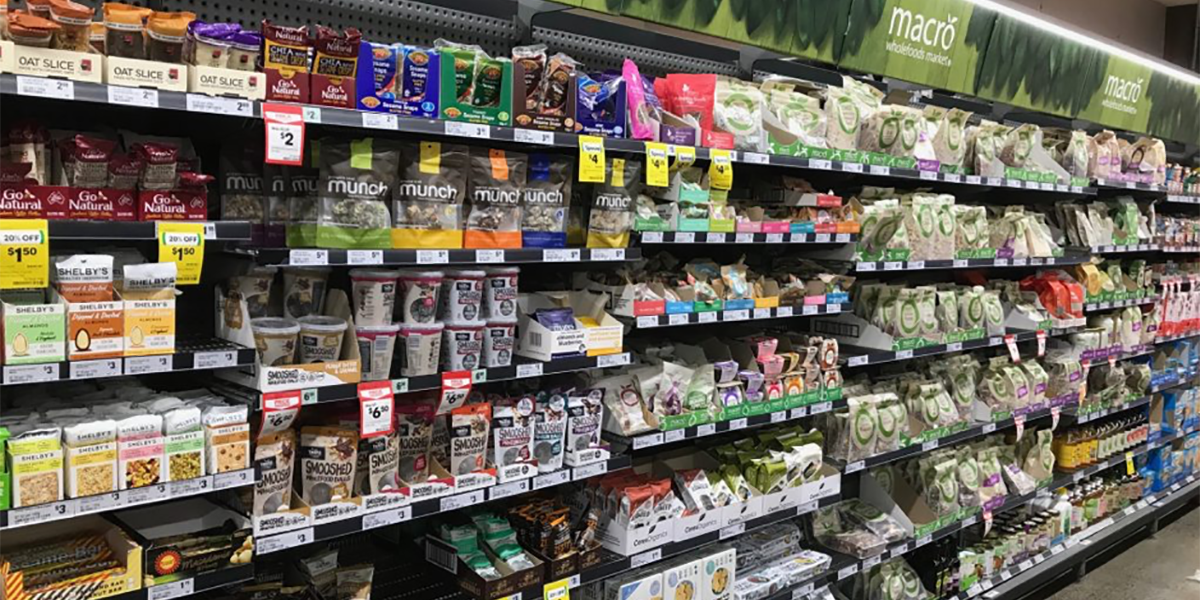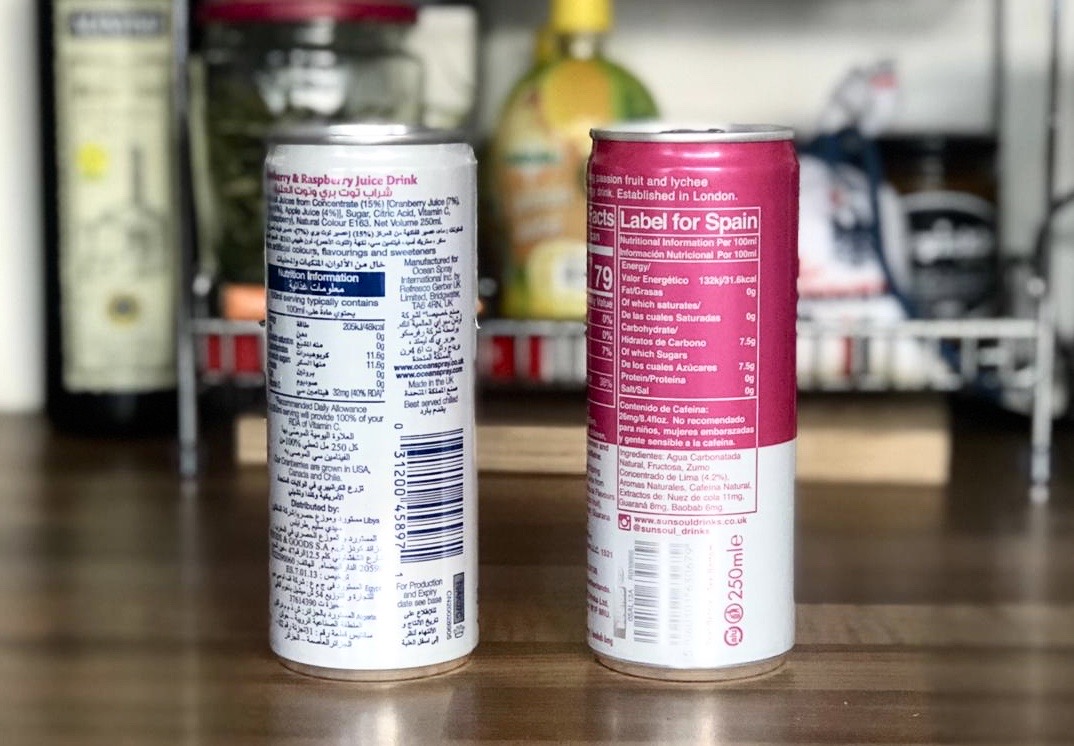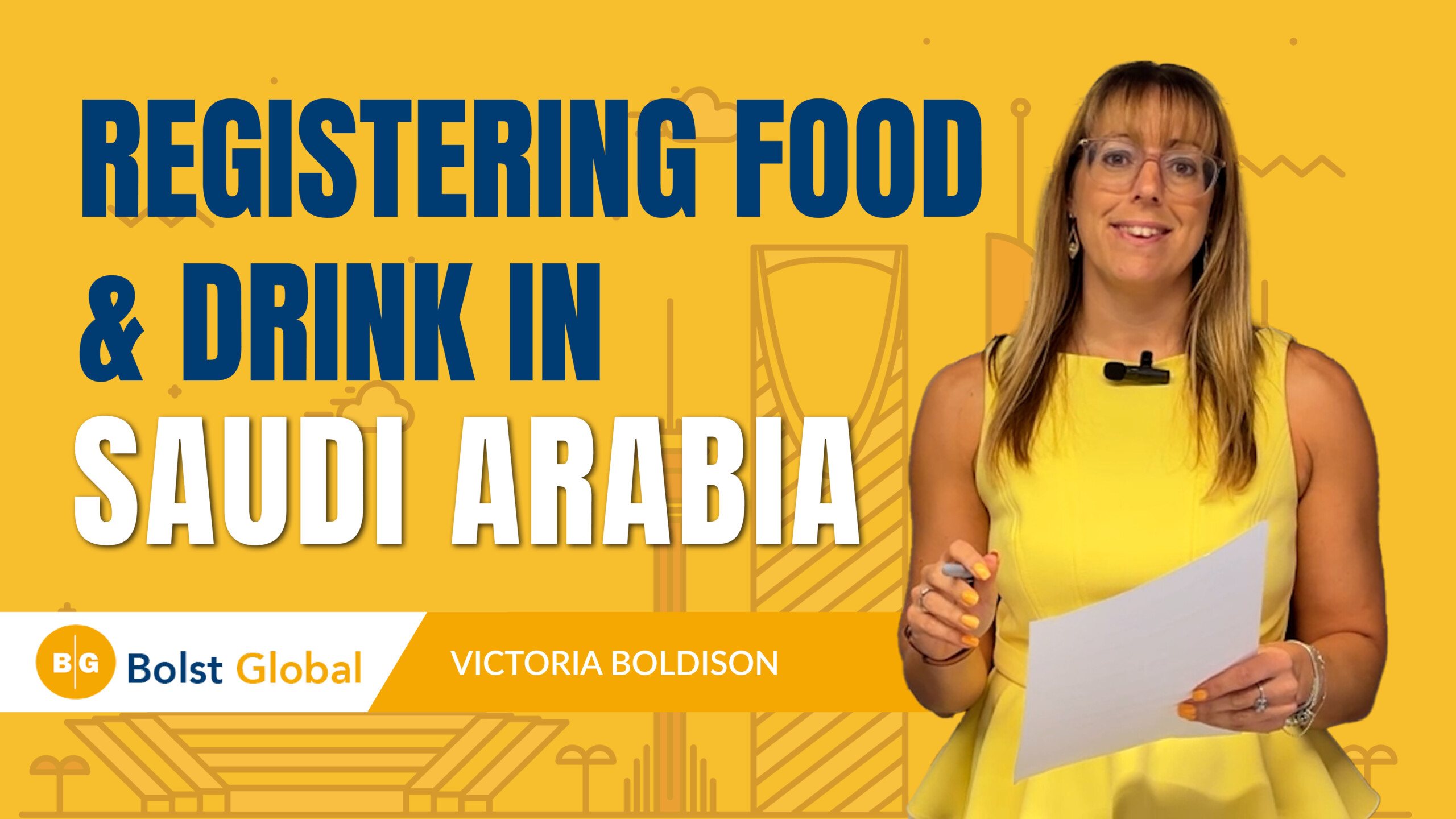If you are working in the food and beverage industry you already know how important labelling is, even when you only sell your goods to your domestic market.
There are a number of regulations you have to follow to the letter. For example you must clearly mention the name of the food, the list of ingredients, the allergens, special storage conditions, best before or expiry dates and/or conditions of use and more. The label in this sense provides useful and essential information for the end consumers and therefore the utmost care should be dedicated to having a label that informs and complies.

When you are exporting your products, there are evidently similar but differing regulations to respect. Each market is different and if you don’t follow them you potentially could face a fine or blacklisting, see your products stuck in customs and even destroyed in some cases as we have encountered through our experiences.
What must be translated?
A requirement common to most countries when it comes to labelling is translating your label into the country’s official language(s). Some territories will require that the entire label and packaging is translated and directly printed onto the label. Others might accept a mixture of English and the target language and with just essential details such as the ingredients and the production and expiry dates. Moreover, this information in some markets could be affixed to the packaging with a simple sticker. Again, each market is different and you should take professional advice on this from a reputable labelling compliance provider so you are aware of the specific labelling requirements in force for the export market you are sending goods to. We can provide you with recommended companies so please contact us for more information if required,
One example to illustrate this is a producer of conserves who recently forgot to add the production date to the label when exporting their products to Egypt. This is a legal requirement for this country (like many of the Middle East markets) The goods arrived but without the production date visible they were rejected at port and had to come back to their home country for correct labelling before they could be sent back out. An expensive lesson learnt by the producer!
Translating the label
When it comes to the actual translation of the necessary parts of the label for your export market then we advise you to use a professional translator for this. This should be someone who ideally is ISO 9001 certified, understand both source and target languages perfectly and have expert knowledge of the food, drink and supplements sector and regulations. You can of course ask your local customer for advice and support with this but our recommendation is that you do seek a professional translator, for proofreading any translation for both accuracy and compliance if nothing else.
You want to make sure the translation complies with every regulation in place in the country you are selling to as some mistakes can easily be made. There can be a few possible translations for a word or sentence but the meaning will be completely different and can be misinterpreted or even not accepted by the regulatory authorities.
You want to make sure the translation complies with every regulation in place in the country you are selling to as some mistakes can easily be made.
There can be a few possible translations for a word or sentence but the meaning will be completely different and can be misinterpreted or even not accepted by the regulatory authorities.

For example, we have worked with a chips brand and one of the ingredients for the products was ‘sunflower oil’. In the target language (Arabic in this case), there are two possible translations for this word. The one chosen by the translating company (and yes the client did use a translation agency but they weren’t food and drink specialised) didn’t pass the checks when we submitted the products for registration in Saudi Arabia with the SFDA. This was because the word chosen was deemed to have religious connotations and couldn’t be used on labels.
In some countries, there are also specific formats to respect when listing ingredients, specifying the best before date, or allergens.
Take the example of labelling in Hong Kong. Some Japanese kanjis cannot be used such as 原材料名 and 賞味期限 as they are not considered as part of the Chinese language. Colour should be labelled as 色素 instead of 著色劑 in Chinese. The best before date shall be indicated by the words “best before” in English lettering and “此日期前最佳” in Chinese characters followed by the date up to and including which the food can reasonably be expected to retain its specific properties.
Country rules or cultures for labelling
There are also differences to be aware of in the requirements of exporting food and drink to countries which have a differing culture or religion to your own and staying flexible to adhering to these from a labelling point of view is also very important.
Let’s take the example of the United Arab Emirates (UAE). We all know that the use of pork and its derivatives is prohibited in Muslim countries unless they are sold under non-muslim sections of retailers. When it comes to other proteins or animal ingredients used in processed food and drink (think bovine collagen in protein drinks for example) then you can market and sell these products in the UAE and other Muslim countries, provided of course you have a valid halal certificate. To be halal approved you must be certified by an authorised body that is recognised by the regulatory entity in your export market. This is ESMA in the case of the UAE. It is not usually enough to have your ingredients halal certified either, your entire supply chain must be halal checked and approved.
We experienced one UAE distributor purchase in good faith half a container of what they believed to be bona fide halal products from a UK producer. After all the products had the halal logo on the packaging so they must have all the necessary paperwork to prove their halal status for customs clearance, right? Unfortunately not and when the goods arrived at port they were confiscated and without the documentation to prove their halal status they were ultimately destroyed, costing the customer not only the price of the goods themselves but also a high cost for firstly demurrage (storing the products at port) and then actually destroying them.
We can support with advice on halal certification and provide you with qualified professionals who can help your products to become halal certified if required. Contact us for further details.
The rules change all the time…
Our final piece of advice to you is to keep up to date at all times. Regulations change all the time and so whilst one export order may be correctly labelling that is not to say the next one will be in the future. You and your export customers need to be aware of this if you want to avoid any unpleasant surprises.
Seek ongoing help and communication from your partners out in the markets. They should be able to help you become aware of any change in the regulations that might impact your products and business moving forward. Also, speak with export support organisations like Bolst Global who can both guide and provide labelling and compliance support.
If you are prepared, flexible and are surrounded by knowledgeable people, you will be on top of your exporting game at all times!
For any further advice on getting your export labelling right then please contact us using the form below.




